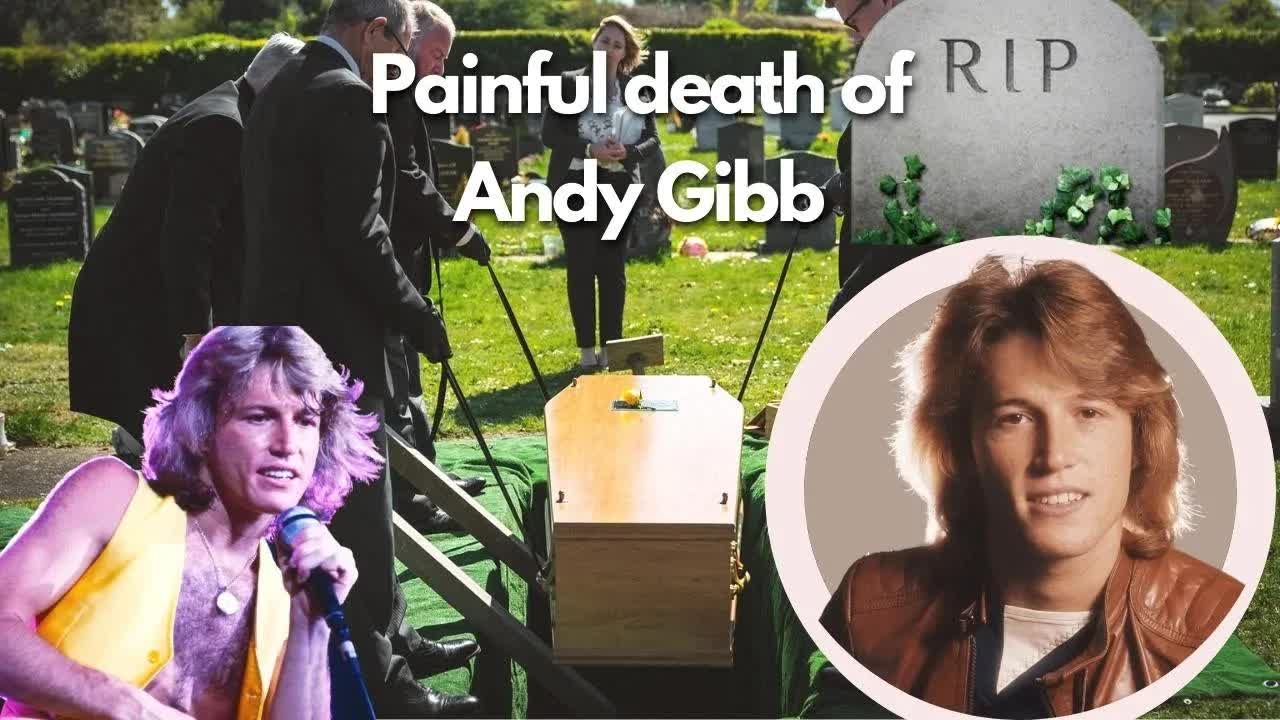On April 3, a poignant documentary titled “The Last Hours of Andy Gibb” is set to air, delving deep into the life and untimely demise of the beloved singer.
The program will explore the circumstances surrounding his death on March 10, 1988, just five days after he celebrated his 30th birthday.
Official reports attribute his passing to heart complications, but the narrative is much more complex.
Renowned pathologist Dr. Michael Hunter takes center stage in this exploration, piecing together the clues that led to Gibb’s tragic end.
His investigation relies heavily on first-hand accounts and medical records, striving to answer the haunting question: what truly led to the death of the youngest member of the Bee Gees?
Despite the immense pressure of fame, Andy Gibb’s career began with a bang.
Encouraged by his family to pursue a solo path, he achieved an extraordinary milestone by landing three number one hits on the American Billboard charts before even hitting 21.
Yet, beneath the glittering surface, Andy wrestled with feelings of inadequacy, often believing he was merely riding the coattails of his legendary brothers, who penned most of his songs.
As the years rolled on, Gibb’s struggles became increasingly apparent.
He battled depression and turned to alcohol and cocaine, vices that ultimately took a toll on his health.
Despite the unwavering support from his family, Andy found himself in a dire financial situation, living alone on his brother’s estate in England.
In his final moments, only his mother was there to witness the heartbreaking decline.
Dr. Hunter’s investigation sheds light on Andy’s deteriorating health leading up to his death.
He discovered that Gibb had been experiencing significant symptoms, including breathlessness, abdominal pain, and chest discomfort in the months prior.































